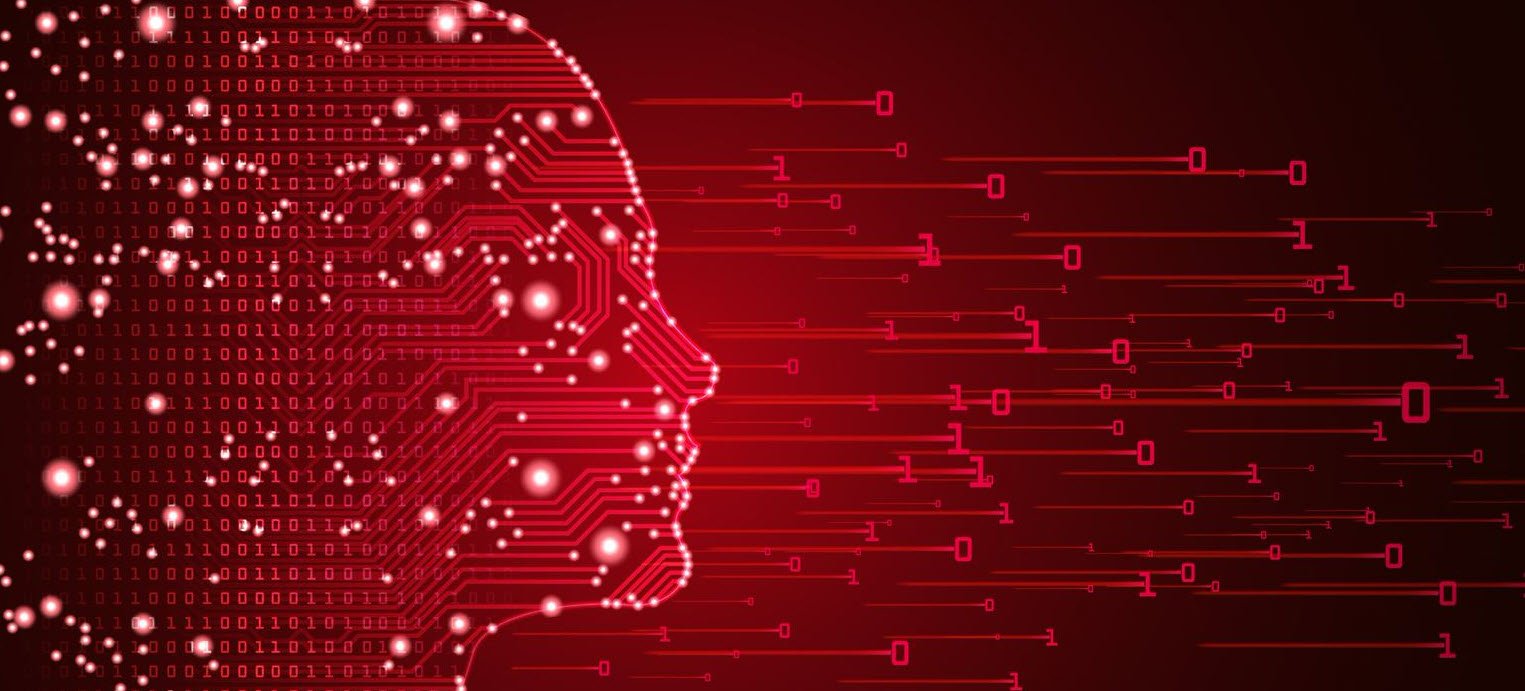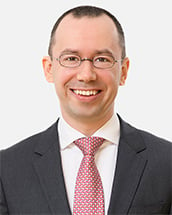In brief
Directive (EU) 2022/2555 on measures for a high common level of cybersecurity across the Union (“NIS2 Directive“) entered into force on 16 January 2023. It had to be transposed into national law by 17 October 2024. Only a small number of member states (among them Hungary, Belgium and Croatia) have transposed the provisions of the NIS2 Directive into national law so far, and it is likely that a significant number of member states will need some time. Nevertheless, companies are well advised to familiarize themselves with the new requirements and to provide for their implementation.
The NIS2 Directive extends the scope of application of security requirements for networks and information systems (NIS) to include numerous additional sectors compared to the previous NIS Directive (Directive (EU) 2016/1148). It also extends the range of obligations for public and private institutions. This means that companies that fall within the scope of the NIS2 Directive are subject to extensive new obligations.
The extended personal scope of application means that under the NIS2 Directive, significantly smaller companies than before are subject to NIS security requirements. Similar to other regulations such as the GDPR, the NIS2 Directive foresees severe sanctions for certain breaches, with enforcement powers assigned to the member states.
Click here to read the full alert.







